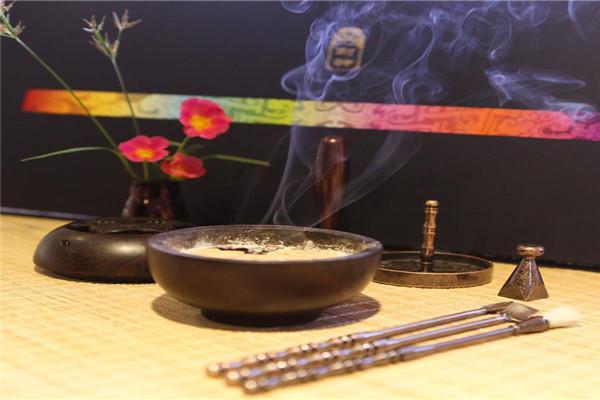- 本文目录导读:
- The Art of Tai Chi Wellness: Enhancing Health and Harmony Through Movement
- Tai Chi and Health Benefits
- Mentally and Emotionally Soothing
- The Essence of Tai Chi Philosophy
- Practical Applications in Daily Life
- Scientific Validation and Modern Adaptations
- Conclusion
The Art of Tai Chi Wellness: Enhancing Health and Harmony Through Movement
In the realm of wellness practices,
Tai Chi
stands out as a profound method for cultivating both physical health and mental balance. Originating in ancient China, this gentle form of exercise integrates fluid movements, deep breathing, and meditative focus to promote holistic well-being.Tai Chi and Health Benefits
The practice of
Tai Chi
offers a myriad of health benefits that span across physical, mental, and emotional dimensions. Physically, its slow, deliberate movements improve flexibility, strength, and balance. These aspects are crucial in preventing falls, especially in older adults, and enhancing overall mobility. The gentle nature ofTai Chi
also makes it accessible to people of all ages and fitness levels, making it a universally inclusive exercise regimen.
Mentally and Emotionally Soothing
Beyond its physical benefits,
Tai Chi
is renowned for its calming effect on the mind and emotions. Through focused breathing and mindful movements, practitioners experience reduced stress levels and increased mental clarity. Regular practice has been shown to alleviate symptoms of anxiety and depression, promoting a sense of inner peace and emotional resilience.The Essence of Tai Chi Philosophy
At its core,
Tai Chi
embodies principles deeply rooted in Chinese philosophy, particularlyTaoism
. The philosophy emphasizes harmony and balance, concepts reflected in the slow, flowing motions ofTai Chi
forms. Practitioners strive to achieve a state of balance between yin and yang energies within the body, fostering a harmonious relationship between mind, body, and spirit.
Practical Applications in Daily Life
One of the remarkable aspects of
Tai Chi
is its applicability beyond formal practice sessions. Many of its principles can be integrated into daily life to enhance overall wellness. For instance, the mindful breathing techniques learned inTai Chi
can be used to manage stress during hectic workdays. The emphasis on posture and body awareness can improve ergonomics and reduce the risk of musculoskeletal injuries.Scientific Validation and Modern Adaptations
In recent years, scientific research has increasingly supported the health benefits of
Tai Chi
. Studies have shown its effectiveness in lowering blood pressure, improving cardiovascular health, and even enhancing immune function. Moreover, modern adaptations ofTai Chi
have emerged, catering to specific health conditions such as arthritis or chronic pain management, further demonstrating its versatility and therapeutic potential.
Conclusion
In conclusion,
Tai Chi
represents not just a physical exercise but a comprehensive approach to wellness that integrates mind, body, and spirit. Its gentle yet profound impact on health makes it a valuable practice for anyone seeking to enhance their well-being naturally and holistically.版权声明
本文仅代表作者观点,不代表成都休闲网立场。
本文系作者授权发表,未经许可,不得转载。

























